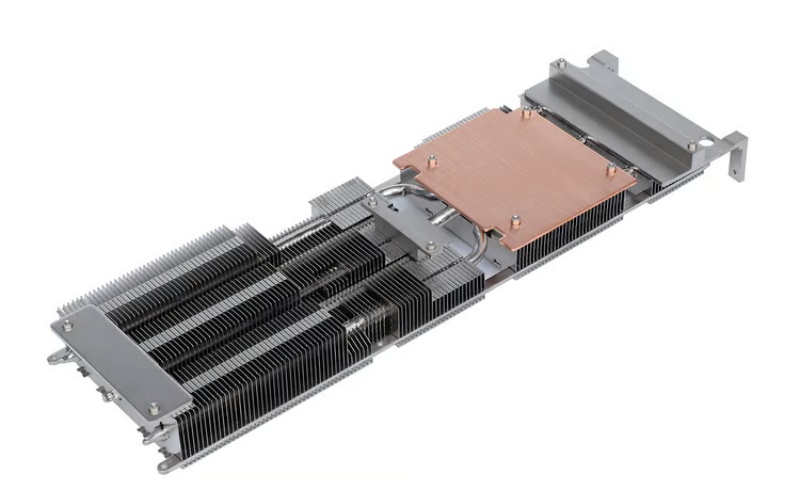Introduction
When building a computer system, one of the most critical components is the CPU heatsink. It helps dissipate the heat generated by the CPU, ensuring the system remains stable and functional. However, not all heatsinks are created equal. The materials used in the construction of the heatsink significantly affect its performance. In this article, we'll explore the best materials for a CPU heatsink.
1. Aluminum
Aluminum is one of the most commonly used materials in CPU heatsinks. It's lightweight, affordable, and provides decent thermal conductivity. While it's not the best material for a CPU heatsink, it offers a good balance of performance and affordability.
2. Copper
Copper is one of the best materials for a CPU heatsink. It has high thermal conductivity and can dissipate heat quickly, making it an ideal material for high-end systems. However, it's also expensive and heavy, making it impractical for some applications.
3. Heatpipe
Heatpipe technology is often used in conjunction with other materials in CPU heatsinks. It works by transferring heat through a closed pipe containing a liquid or gas. This method is excellent for dissipating heat efficiently and can offer significant performance benefits.
4. Graphite
Graphite is a relatively new material in the world of CPU heatsinks. It's lightweight, has high thermal conductivity and is also electrically conductive, making it an excellent choice for overclocked systems. However, it's still fairly expensive and can be challenging to source.
5. Nickel-Plated Aluminum
Nickel-plated aluminum is a popular material in heatsinks due to its thermal and electrical conductivity, lightweight, and cheap cost of production. This option offers a partial solution for CPU heatsinks, providing decent heat dissipation while keeping costs manageable.
6. Carbon fiber
Carbon fiber is the lightweight option with better thermal conductivity than aluminum. It allows for efficient heat dissipation and an aesthetically pleasing design. Unfortunately, carbon fiber often comes with an expensive price tag.
7. Fanless Heat Sinks
Fanless heat sinks use passive cooling techniques to dissipate heat without the use of any fans. Despite their limitations in terms of processing power, they are an attractive option for silent and energy-efficient systems.
8. Liquid cooling
Liquid cooling systems use water or other liquids to cool CPUs. They can quickly and effectively dissipate heat, making them a top choice for advanced systems. However, liquid cooling is expensive and complicated to install for the average user.
9. Vapor Chamber
Vapor Chamber technology uses a sealed chamber filled with vapor to help transfer and dissipate heat. This technology is excellent for high-performance systems where maximum efficiency is necessary, but it comes with a high price tag.
10. Diamond
Diamond is the most effective heat-conductive material used in CPU heatsinks. It provides even better thermal conductivity than copper, which makes it the preferred choice for the most demanding applications. However, the high cost of diamond makes it unreachable for most users.
Conclusion
The material you choose for your CPU heatsink will significantly affect your system's performance. The ideal material will depend on the intended use of the computer system and the user's budget. While there isn't a one-size-fits-all solution, considering a variety of materials can help ensure that you choose the best option for your system.
Material, CPU heatsink, Copper, Aluminum, Heatpipe, Graphite, Nickel-Plated Aluminum, Carbon Fiber, Fanless Heat Sinks, Liquid cooling, Vapor Chamber, Diamond
What is the best material for a CPU heatsink?? A Comprehensive Guide
Choosing the best material for a CPU heatsink can make or break your computer system. This comprehensive guide explores the different materials, their benefits, and their drawbacks to help you make an informed decision.
Which material is the best for a CPU heatsink?, How do I choose the right material for my CPU heatsink?, Top materials for a CPU heatsink
Quote Inquiry
Contact us!

